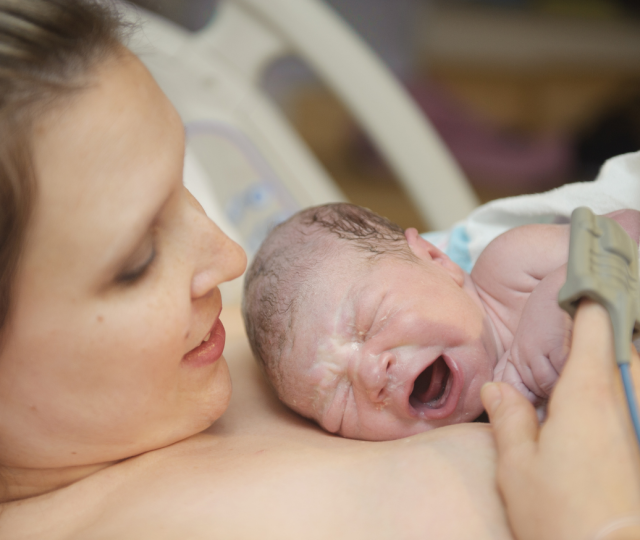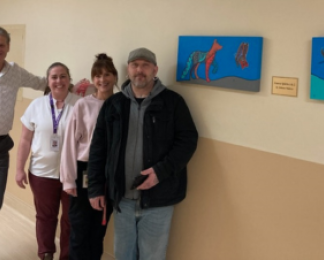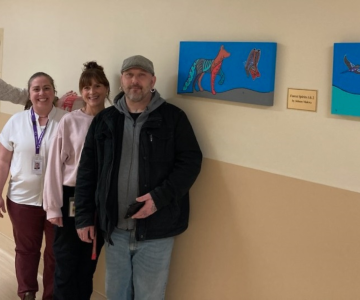Labour and birthing units overview
We provide family-centred care in our hospitals’ labour and birthing units. This means that you, your family and the important people in your life are as welcomed and involved in your care as you wish. Our aim is to support you and your family through a safe and satisfying birthing experience.
- Our birthing units encourage breastfeeding. We support all families to make informed decisions on infant feeding.
- We encourage you to ask questions about your care, the services we offer, and to give us feedback about your experience.














